Putin, Xi to usher 'new era' in relations during Moscow visit
Russian President Vladimir Putin and his Chinese counterpart Xi Jinping are set to sign a new bilateral agreement ushering in a "new era" of ties in Moscow next week.
The Kremlin announced on Friday that Xi will arrive in the Russian capital city, Moscow, on Monday, for a 3-day visit and talks with his strategic ally.
Putin's top advisor Yuri Ushakov said the two leaders will sign an important declaration next week "on strengthening (the two countries') comprehensive partnership and strategic relations entering a new era."
The new agreements, according to Ushakov, will set the roadmap for Russian-Chinese cooperation until 2030.
He noted that there were about a dozen other accords in the pipeline.
The two leaders will both pen articles on bilateral ties that will be published on Monday in a Russian and Chinese newspaper, "an important signal on the eve of the actual talks", Ushakov said.
He added that Russia's military campaign in Ukraine will also be on the agenda.
"Of course, the Ukraine conflict will be discussed," Ushakov said. The Chinese head has a good "understanding of the true causes of this crisis."
Ushakov further pointed out that the Kremlin "highly valued" Beijing's "restrained and considered position" on world affairs.
He added that Moscow also welcomed Beijing's peace initiative on the Ukraine conflict.
In a 12-point peace plan published last month, China called for an immediate ceasefire, dialogue, and respect for all countries' territorial sovereignty to replace the continuous fighting in Ukraine.
Meanwhile, in regard to Xi’s trip, the Chinese foreign ministry said the leaders of China and Russia would exchange their views on bilateral relations and discuss major international and regional issues during the visit.
Beijing aims to "practice true multilateralism... improve global governance and make contributions to the development and progress of the world," the foreign ministry said.
Wang Wenbin, China's foreign ministry spokesman described the president’s trip to Moscow essentially as "a visit for peace."
"The world has entered a new period of turmoil," he said, adding that "China will uphold its objective and fair position on the Ukrainian crisis and play a constructive role in promoting peace talks."
The Chinese leader's visit to Russia comes just over a year after his Russian counterpart started a special military operation in Ukraine, which pitched the West against Russian troops on the international stage.
China and Russia have fostered strong economic, military, and political bonds, recently entering into a "no limits" partnership. China has become Russia's biggest ally and a major buyer of its crude oil, which the West banned over the Ukraine war.
In addition, both Russia and China have frequently emphasized that the countries' two leaders enjoy a cordial relationship. Putin is 70 and Xi is 69.
On the other side of the ledger, the US is not happy about the strong Chinese-Russia bond, saying Washington has deep concerns that China could try to pose as a peacemaker in Ukraine.
In the meantime, China, despite its close ties to Russia, has sought to maintain a neutral position, urging both Moscow and Kiev to a ceasefire, and resolve the conflict through diplomatic channels.
However, Western leaders have repeatedly pressured Beijing to condemn Russia, accusing it of providing Moscow with diplomatic cover for its Ukraine operation.
In particular, the United States has accused China of mulling arms shipments to support Russia's military campaign, an allegation that Beijing has strongly denied.
The White House National Security Council spokesman John Kirby told reporters on Friday that China’s calls for a ceasefire in Ukraine would work in favor of Moscow and help consolidate the "Russian conquest" of eastern Ukraine.
“We don’t support calls for a ceasefire right now,” Kirby told reporters in regard to Xi's visit next week to Moscow. “We certainly don’t support calls for a ceasefire that would be called for by the PRC in a meeting in Moscow that would simply benefit Russia.”
“A ceasefire now is... effectively the ratification of Russian conquest,” Kirby claimed. “Russia would be free then to use a ceasefire to only further entrench their positions in Ukraine, to rebuild, refit and refresh their forces so they can restart attacks on Ukraine at a time of their choosing.”
Kirby, who is also the Pentagon's spokesman, said the United States was against a ceasefire now because it would not be conducive to a lasting and fair peace deal between Ukraine and Russia. “We do not believe this is a step toward a just and durable peace.”
'Next to impossible' to rescue patients from Gaza's Kamal Adwan Hospital: Director
VIDEO | Vietnam current prosperity
Report blames gasoil exports for shortage at Iranian power plants
VIDEO | Hind Rajab Foundation names Israeli war criminals vacationing after Gaza genocide
VIDEO | Australians rally for Gaza ahead of Christmas festivities
VIDEO | Attacks on Sana'a
Iran reports further drop in annual inflation rate in December
Israel indicts two settlers over suspected spying for Hezbollah


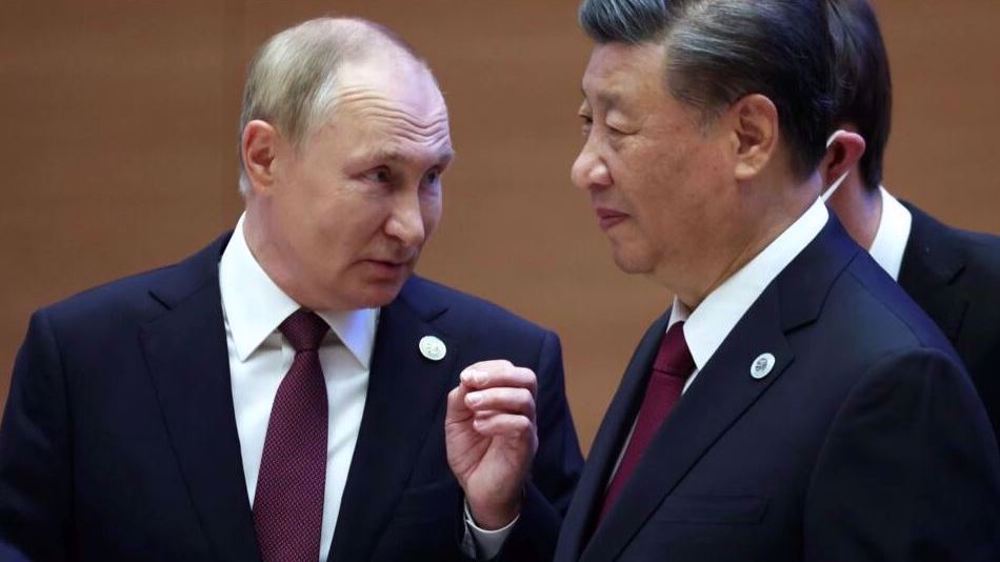
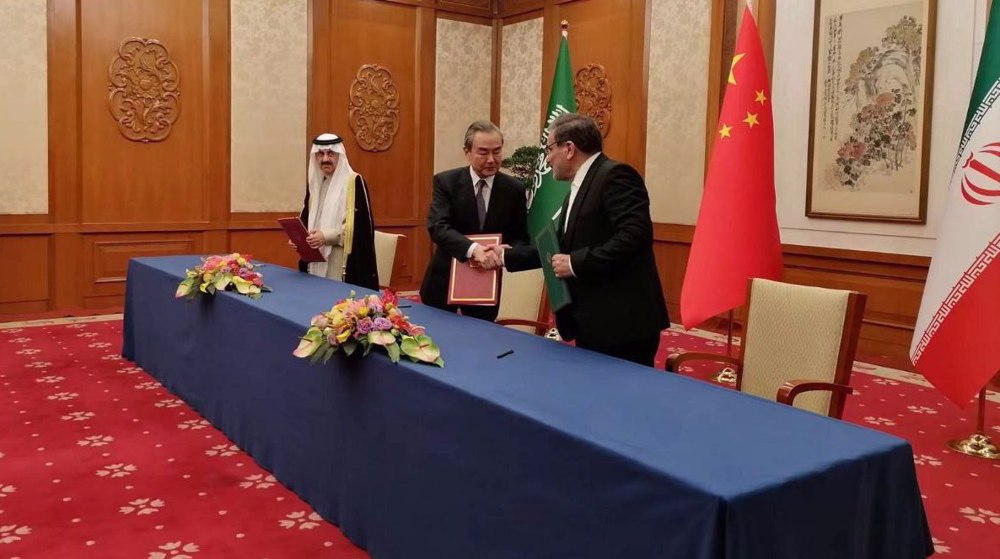
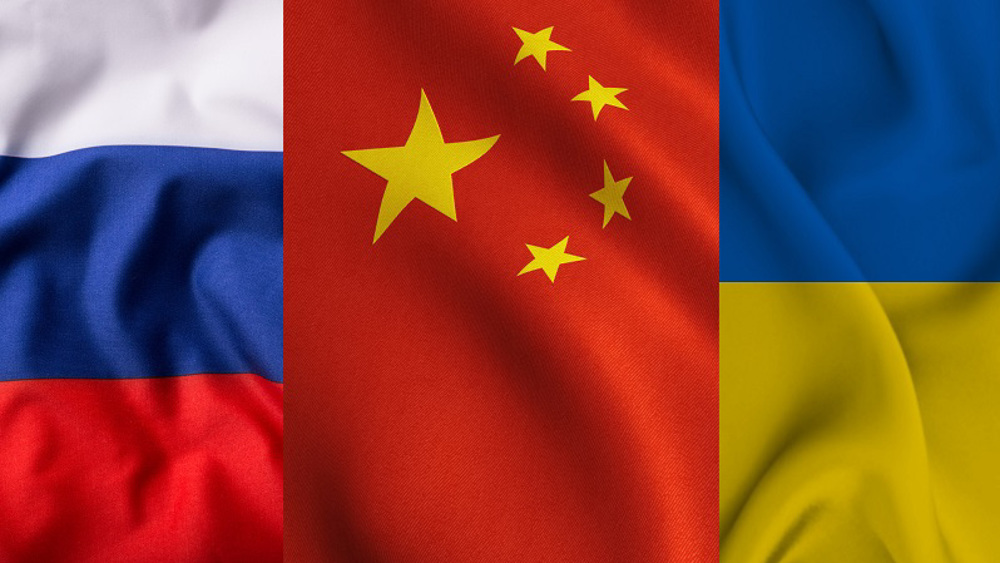
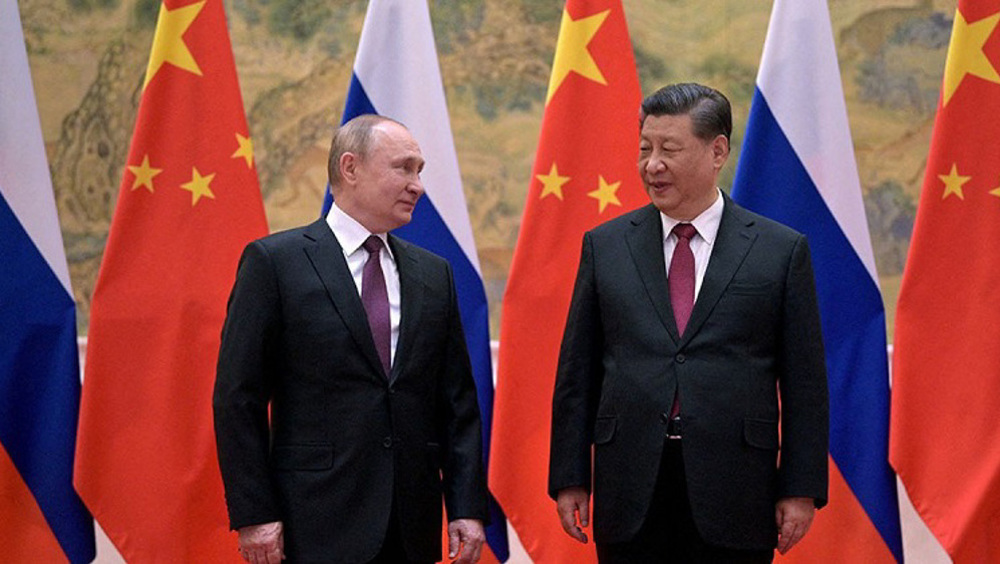
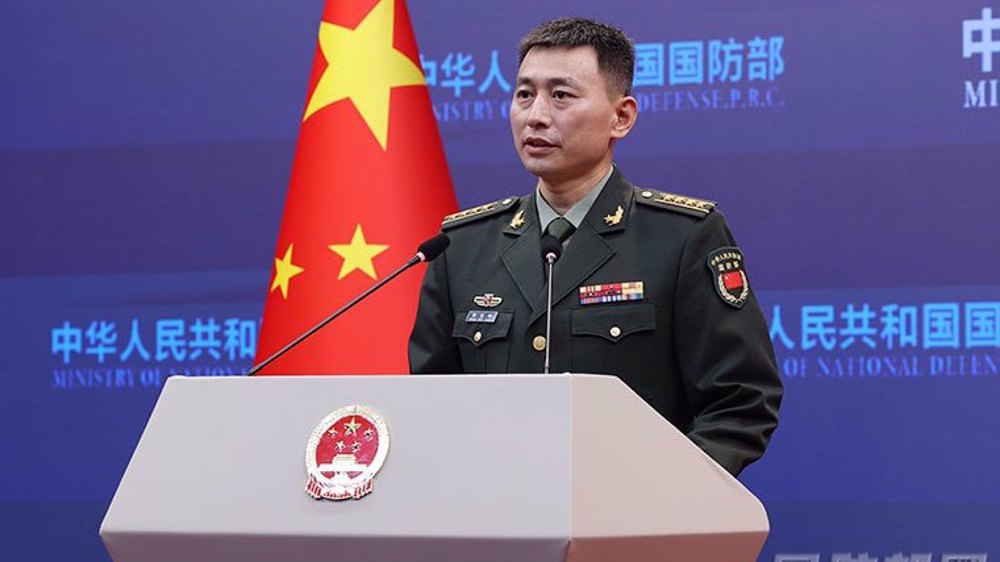
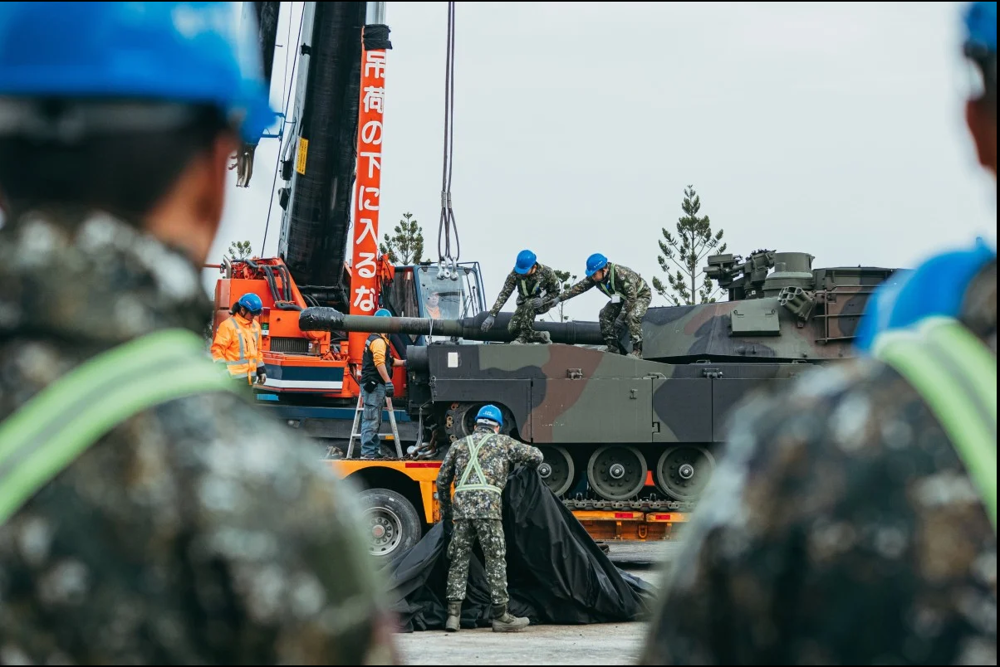




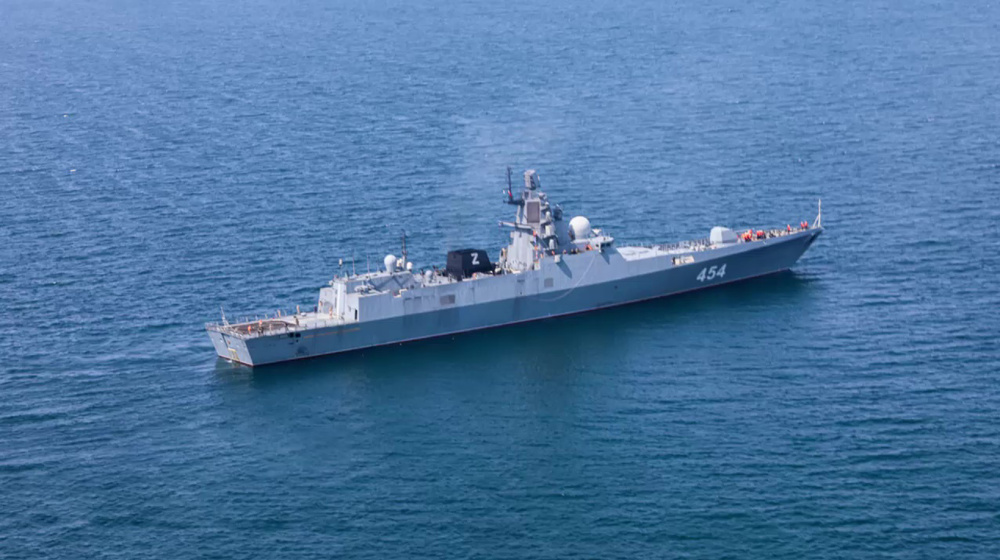
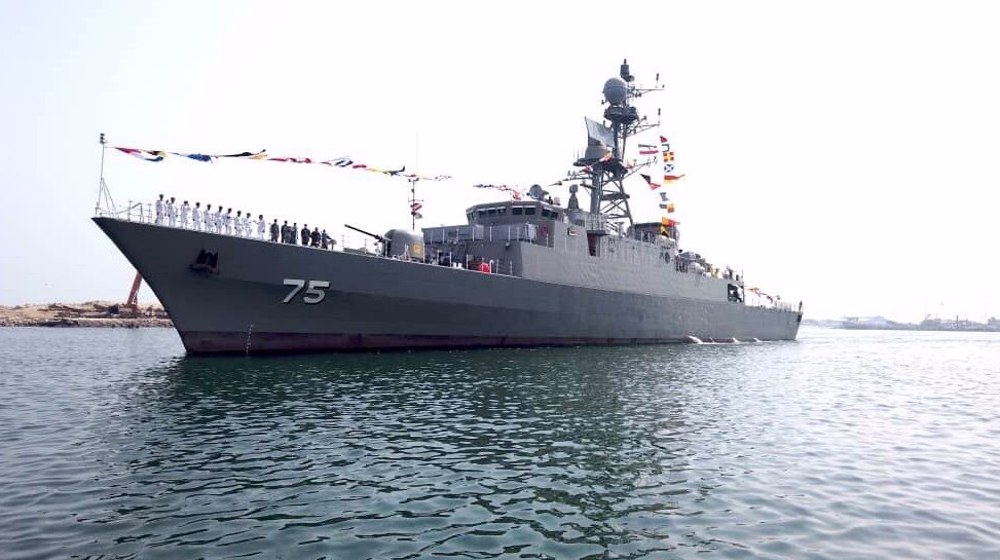
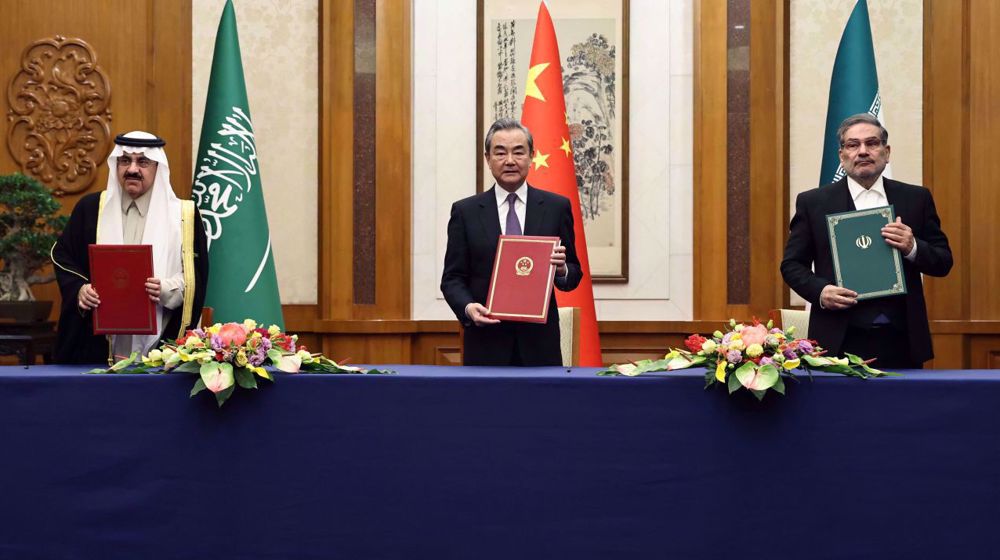
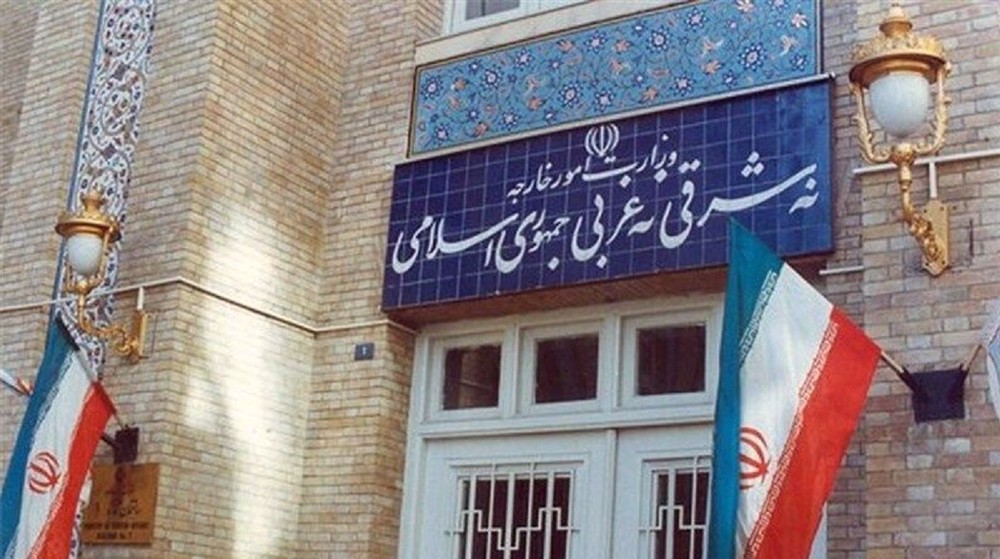

 This makes it easy to access the Press TV website
This makes it easy to access the Press TV website